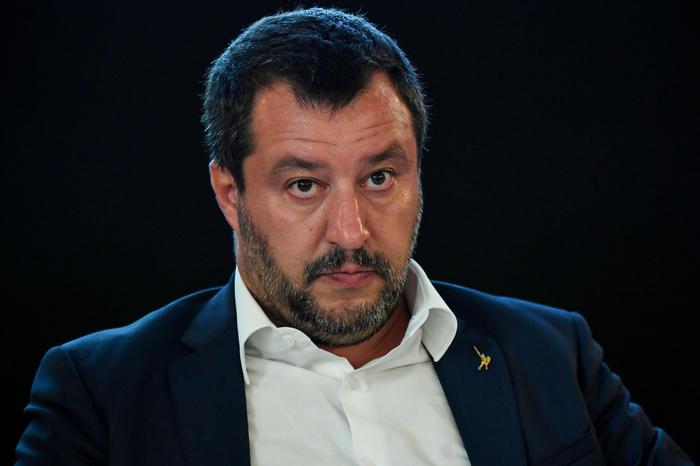“I found out that Nutella uses Turkish nuts and I prefer to help companies that use Italian products,” he said at a rally in the northern city of Ravenna on Thursday, after a woman suggested he have a Nutella sandwich to keep his energy up.
“I prefer to eat Italian and help Italian farmers.”
Salvini, who lost his position as deputy prime minister in August when his party ousted from government, has long used food as a symbol of national identity and to push his League party’s “Italians first” motto.
Some Turkish nuts are used because Italian growers cannot satisfy all of Ferrero’s needs but the breakfast spread does contain home-grown hazelnuts as well.
Turkey is the world’s largest producer of hazelnuts, and Ferrero is the world’s biggest purchaser of the crop – buying up 25 per cent of the global supply of the nut in 2015.
Italy comes in at second for hazelnut production, producing 20 per cent of the global crop to Turkey’s 70 per cent, according to the UN.
Salvini has since toned down his opposition – clarifying he would still eat the product while imploring Ferrero to “buy Italian ingredients, from sugar to hazelnuts, to help our farmers”.
However his clarification came after the comments attracted mocking by political opponents.
“He’s nuts. His attack on one of Italy’s best known and most widely sold products, Nutella, is proof of that,” deputy industry minister Stefano Buffagni said.
“Ferrero is a leading company in Italy that gives jobs to thousands of people.”
Former prime minister, Matteo Renzi, accused Salvini of ignoring matters of national importance, including issues around the future of NATO, the threatened closure of ILVA steel works in the south and job losses at Alitalia, to discuss chocolate spread.
“In the days of ILVA, Alitalia, the budget law and the NATO summit, Senator Matteo Salvini attacks Nutella. Yes, Nutella,” Renzi said.
“He says that this seems more important to the people – and I am naive to insist on talking about construction sites, taxes, Europe.”
Salvini is in full campaign mode, hoping to take the northern Emilia-Romagna region from the centre-left in its January 26 election.












